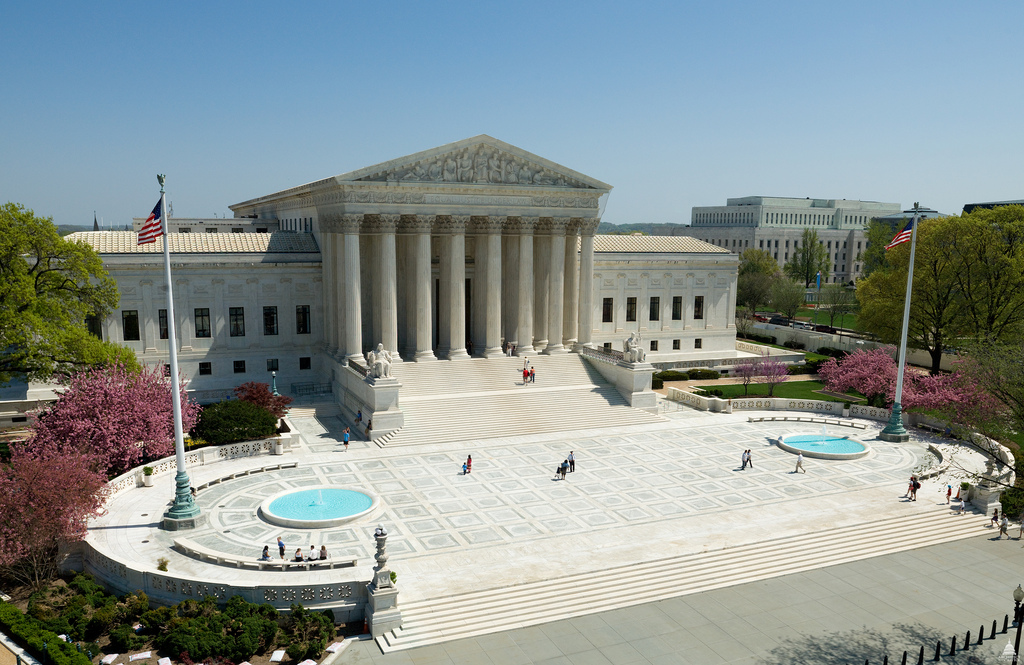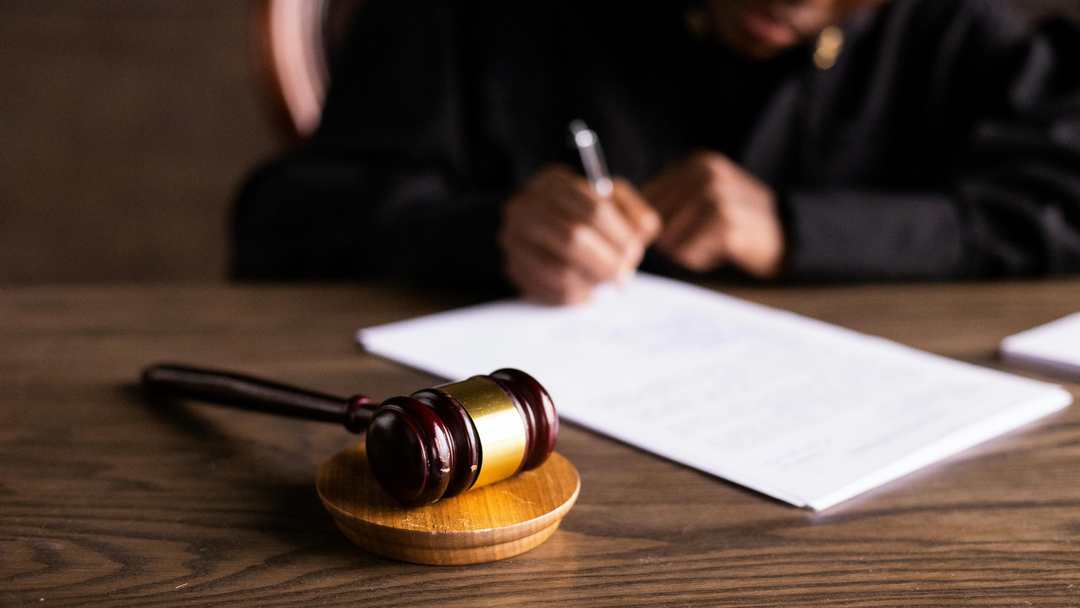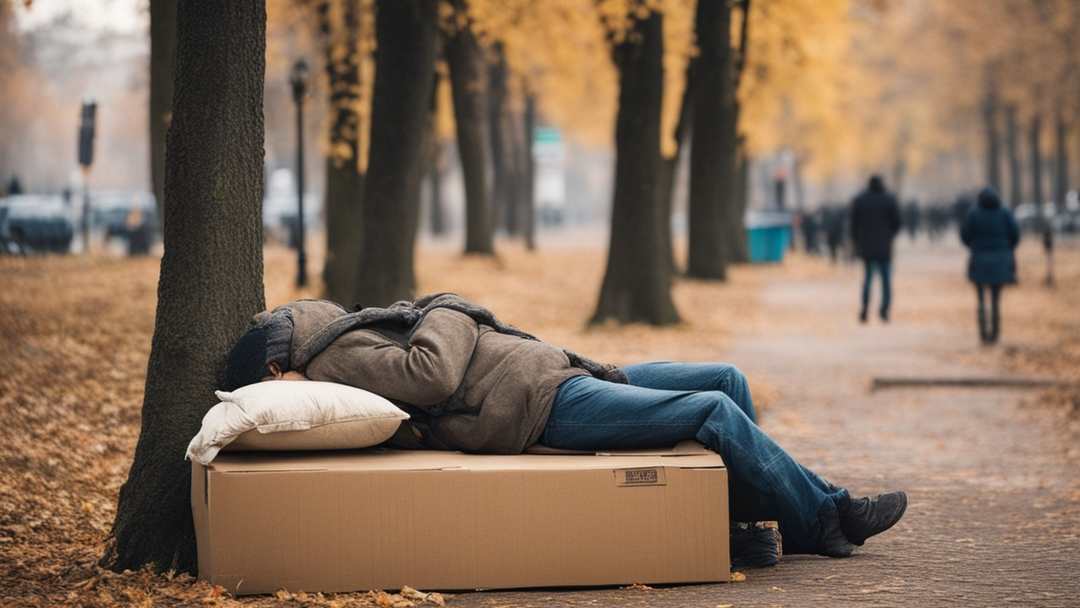Does not amount to “cruel and unusual punishment” under the Eighth Amendment
The Supreme Court has affirmed the validity of ordinances in a southwest Oregon city that restrict individuals experiencing homelessness from utilizing blankets, pillows, or cardboard boxes as protective measures against the elements while sleeping within city limits. In a decision reached by a 6-3 vote, the justices sided with the city of Grants Pass, asserting that the ordinances serve to prohibit camping on public property for all individuals and do not infringe upon the Constitution’s prohibition of cruel and unusual punishment.
Writing for the majority, Justice Neil Gorsuch contended that the Eighth Amendment, which bans cruel and unusual punishment, “serves many important functions, but it does not authorize federal judges” to “dictate this Nation’s homelessness policy.”
Instead, he suggested, such a task should fall to the American people.
Justice Sonia Sotomayor dissented, in an opinion joined by Justices Elena Kagan and Ketanji Brown Jackson. She argued that the majority’s ruling “focuses almost exclusively on the needs of local government and leaves the most vulnerable in our society with an impossible choice: Either stay awake or be arrested.”
In Grants Pass, a city with a population of just under 40,000, as many as 600 individuals experience homelessness on any given night, prompting the city’s decision in 2013 to intensify the enforcement of existing laws that prohibit the use of blankets, pillows, and cardboard boxes for sleeping within city limits.
Violators are subject to significant fines starting at 295 dollars, which can increase to 537.60 dollars if not paid promptly. Receiving two citations may result in local police issuing a ban from city property and anyone who disregards this order can be charged with criminal trespass, which may lead to penalties of up to 30 days imprisonment and a fine of 1250 dollars.
Holding: The enforcement of generally applicable laws regulating camping on public property does not constitute “cruel and unusual punishment” prohibited by the Eighth Amendment.
Judgment: Reversed and remanded, 6-3, in an opinion by Justice Gorsuch on June 28, 2024. Justice Thomas filed a concurring opinion. Justice Sotomayor filed a dissenting opinion, in which Justices Kagan and Jackson joined.
Recommended Citation: Amy Howe, Justices uphold laws targeting homelessness with criminal penalties, SCOTUS blog (Jun. 28, 2024, 1:48 PM), https://www.scotusblog.com/2024/06/justices-uphold-laws-targeting-homelessness-with-criminal-penalties/
Legal Counsel and Your Rights
When facing legal challenges, particularly in criminal cases, it is advisable to seek legal counsel immediately.
An experienced attorney can provide guidance on how to navigate interactions with law enforcement while safeguarding your constitutional rights.
Since 1993 our expert legal defense in navigating criminal law matters and protecting your constitutional rights are what we eat for breakfast everyday.
Contact Komorn Law PLLC if you’re ready to fight and win.
Research us and then call us.
More Rights You Should Know

SCOTUS Decision Gives Starbucks a Win in Labor Dispute
The decision underscored the principle that only activities that are essential and directly related to an employee's primary job responsibilities are subject to compensation. In a recent decision by the Supreme Court of the United States (SCOTUS), Starbucks received a...

The 6th Amendment – Do You Know What It Is?
The 6th Amendment: is it still a thing?The 6th Amendment to the United States Constitution is a crucial pillar of the Bill of Rights, designed to ensure fair and just legal proceedings for individuals accused of crimes. Ratified on December 15, 1791, this amendment...
Other Articles
Domestic Violence Conviction Prohibits Gun Ownership
No Second Amendment Rights For YouIf you are charged with a crime you're part of the State of Michigan family now. Call us - Because you don't want to be a part of that family. Komorn Law (248) 357-2550A federal judge in Michigan has ruled that a man with a prior...
Update on Michigan’s Sick Time Act (Small Business Compliance)
Small Business Compliance Accrual Method: Employees accrue 1 hour of paid sick time forevery 30 hours worked, and unused paid sick time rolls over upto 72 hours, or 40 for a small business. Employers may limit theuse of earned sick time to 72 hours, or 40 for a small...
What Are Your Rights Before And After Arrest?
What are your rights before and after arrest?Generally, police require a search warrant to lawfully enter any private premises or to search electronic devices such as your phone or computer. If the police do not possess a search warrant, you are under no obligation to...
Michigan Probationers Allowed Medical Marijuana
Yea. We did that...What it is supposed to beOn February 11, 2021, the Michigan Court of Appeals ruled that judges cannot prohibit individuals on probation from using medical marijuana if they are registered patients under the Michigan Medical Marihuana Act (MMMA)....
Public Defenders in Michigan – Qualifications and What They Do
Note: This is what they are supposed to do. Whether they give a damn about you and the outcome is up to the individual attorneyWhat it is supposed to beIn Michigan, public defenders play a vital role in the criminal justice system by providing legal representation to...
New Michigan Laws Going Into Effect 2025
Making laws as fast as possible. Look over here...Not over there.Some of Michigan's new laws in 2025 include minimum wage increases, paid sick time, and automatic voter registration. Minimum wage The minimum wage in Michigan increased to $10.56 per hour on January 1,...
Whitmer’s $3B plan to fix Michigan’s roads calls for more taxes
Same Thing - Different DayWhitmer's $3B plan to fix Michigan roads calls for more corporate, marijuana taxes, taxes at the pump and you can just imagine the ones you don't know about.Michigan Governor Gretchen Whitmer has introduced a comprehensive three billion...
Making terrorist threat or false report of terrorism is free speech?
Making terrorist threat or false report of terrorism is free speech?The US Constitution and Michigan Constitution prohibit the government from making laws that abridge the freedom of speech Summary In the case of People of the State of Michigan v. Michael Joseph...




















